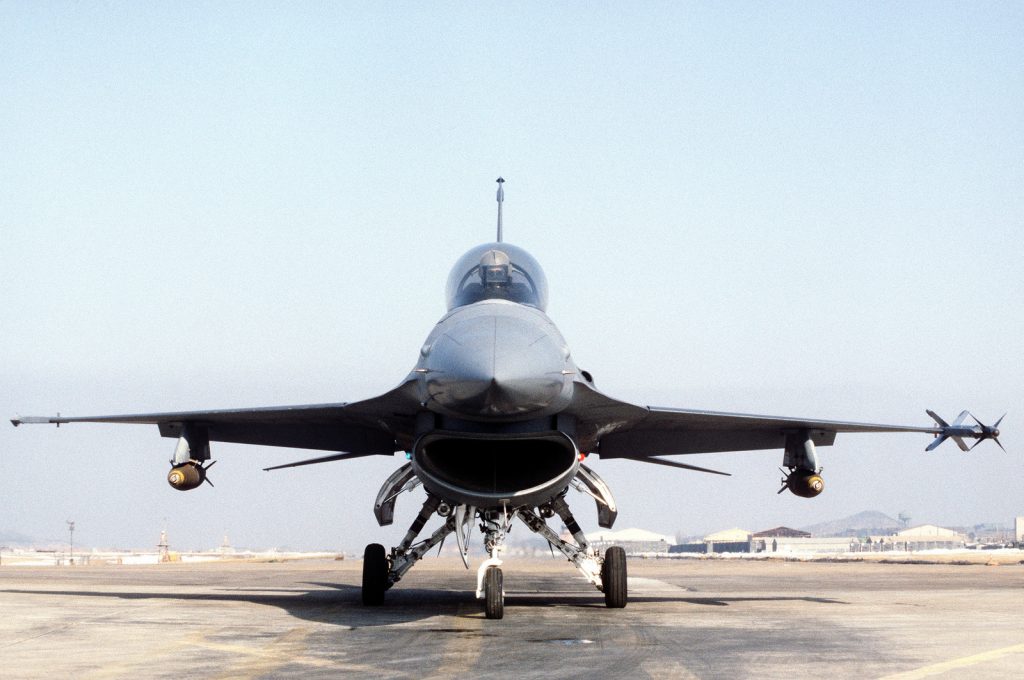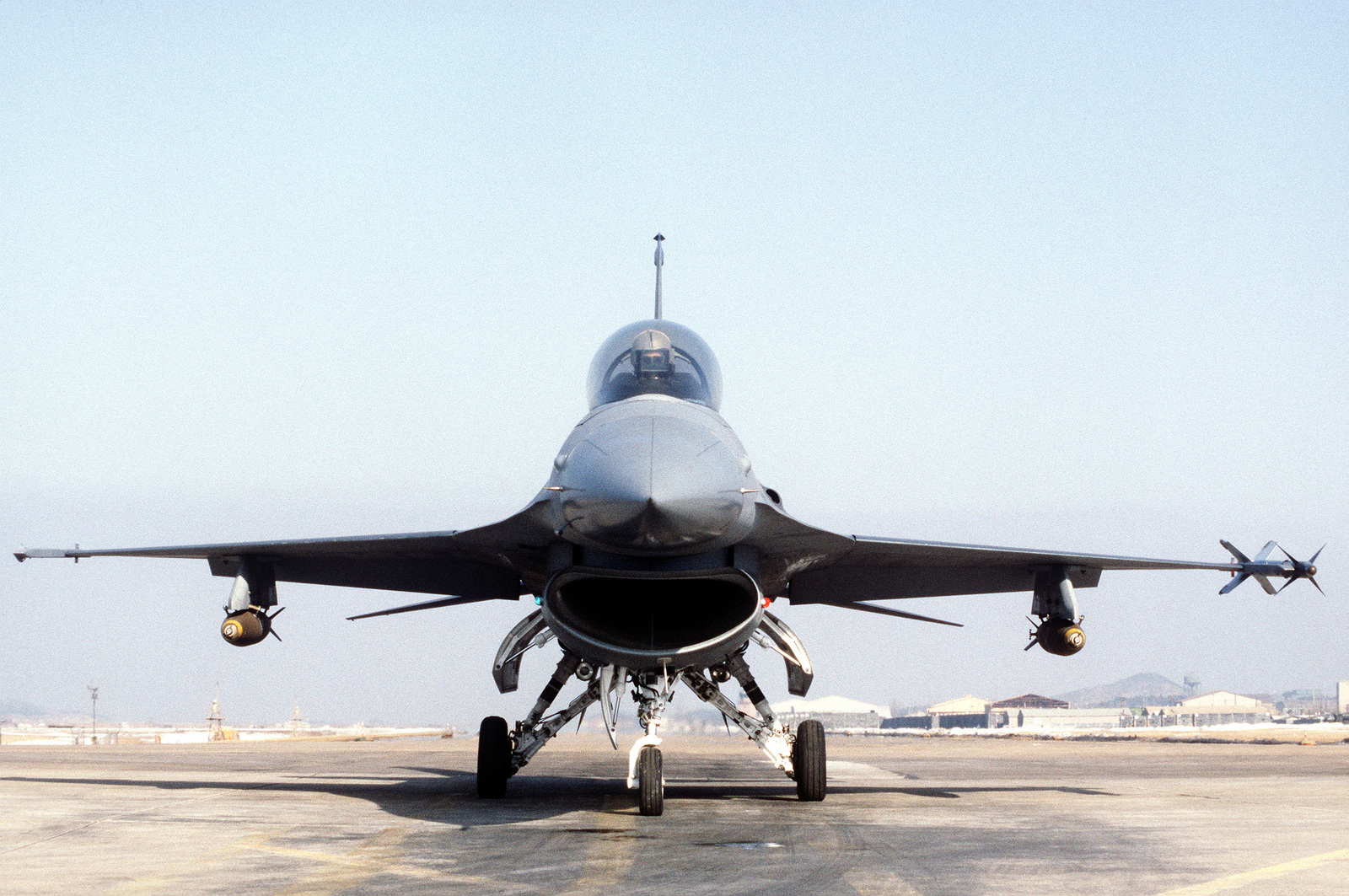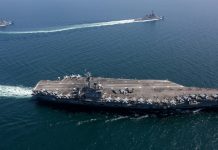
Washington’s potential approval of Ankara’s acquisition of 40 F-16 Block 40 fighter jets is currently pending, reminiscent of past negotiations such as the “F-35 saga.” Just as with the F-35 deal, the U.S. has outlined specific conditions that Turkey must adhere to in order to proceed smoothly with the procurement.
Reports from Turkish publication Aydinlik indicate that the Congressional Research Service had prepared a detailed report last year, outlining conditions and circumstances that could lead to the termination of the F-16 procurement agreement. One condition highlighted in the report is that if Turkey takes actions deemed contrary to U.S. interests, the procurement process could be halted. This includes the possibility of Congress or the Administration modifying or suspending the sale in response to Turkey’s actions.
Turkey’s military relationship with Russia, particularly in terms of trade and production, could potentially trigger Washington to pause the delivery of Block 70 fighter jets. Speculations suggest that Turkey may need to adjust its actions, such as halting ground operations in Syria, reducing flyovers in the Aegean Sea, severing military ties with Russia, and refraining from targeting the HDP (Peoples’ Democratic Party).
These conditions come at a time when Washington is renewing its discussions regarding Turkey’s possession of S-400 air defense systems. Recent proposals to provide Ukraine with S-400s purchased from Russia could potentially influence Turkey’s position in the F-35 program, with speculation suggesting a potential reinstatement.
The implications of potential suspensions of F-16 deliveries on Turkey’s existing agreements with Russia for additional S-400 systems and servicing of equipment remain uncertain. Turkey asserts the necessity of the S-400s for national defense, citing the vast land mass requiring protection from potential threats. However, history indicates that attempts to pressure the U.S. into selling F-16s through alternative deals have resulted in American counter-pressure, including threats of supply suspensions.
As highlighted by BulgarianMilitary.com, in late January, the U.S. issued a foreign military notification signaling the proposed sale of F-16 Block 70 fighter jets to Turkey. The envisioned acquisition entails 40 F-16 Block 70 fighter jets along with 79 upgrade kits for the same model, in addition to associated equipment, totaling an estimated cost of $23 billion. Within this arrangement, 32 of the F-16 Block 70s will be configured as single-seat jets, while the remaining eight will feature a dual-seater setup.
In addition to the procurement of F-16s, the deal encompasses a comprehensive array of supplementary equipment, including 48 F-110 turbofan engines, 149 AN/APG-83 AESA SABR radars, 168 Viper integrated electronic warfare kits, 858 LAU-129 guided missile launchers, 44 M61 Vulcan cannons, and 16 AN/AAQ-33 forward-looking Sniper aiming pods.
Delving into the weaponry included in Turkey’s acquisition plans, notable items comprise 952 AMRAAM AIM-120C-8 Air-to-Air Missiles, 96 AMRAAM Guidance Sections, and 864 GBU-39/B Miniature Bombs, among others. Additionally, Turkey’s order encompasses various other systems such as 96 AGM-88B HARM Anti-Radiation and AGM-88E Advanced Anti-Radiation Missiles (AARGM), along with an additional 401 AIM-9X Block II Sidewinder air-to-air missiles.
Moreover, the sale encompasses comprehensive upgrade kits and a Service Life Extension Program (SLEP) tailored for the modification of existing Turkish F-16 Block 40 and Block 50+ aircraft, ensuring the integration of essential equipment to extend the operational lifespan of these aircraft.





